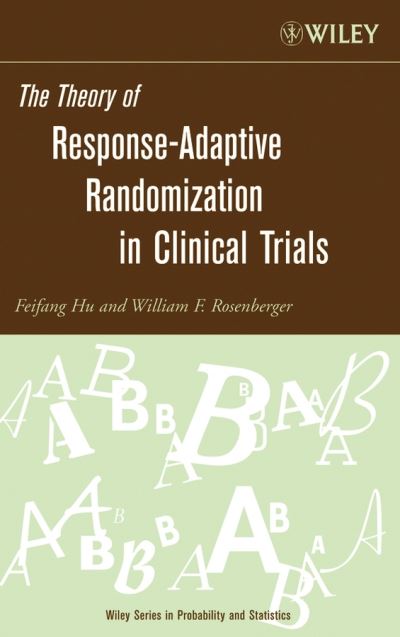
Presents a firm mathematical basis for the use of response-adaptive randomization procedures in practice
The Theory of Response-Adaptive Randomization in Clinical Trials is the result of the authors' ten-year collaboration as well as their collaborations with other researchers in investigating the important questions regarding response-adaptive randomization in a rigorous mathematical framework. Response-adaptive allocation has a long history in biostatistics literature; however, largely due to the disastrous ECMO trial in the early 1980s, there is a general reluctance to use these procedures.
This timely book represents a mathematically rigorous subdiscipline of experimental design involving randomization and answers fundamental questions, including:
The answers to these questions communicate a thorough understanding of the asymptotic properties of each procedure discussed, including asymptotic normality, consistency, and asymptotic variance of the induced allocation. Topical coverage includes:
Useful for graduate students in mathematics, statistics, and biostatistics as well as researchers and industrial and academic biostatisticians, this book offers a rigorous treatment of the subject in order to find the optimal procedure to use in practice.
| ISBN: | 9780471653967 |
| Publication date: | 5th September 2006 |
| Author: | Feifang Hu, William F Rosenberger |
| Publisher: | Wiley-Interscience an imprint of Wiley |
| Format: | Hardback |
| Pagination: | 218 pages |
| Series: | Wiley Series in Probability and Statistics. |
| Genres: |
Mathematics |